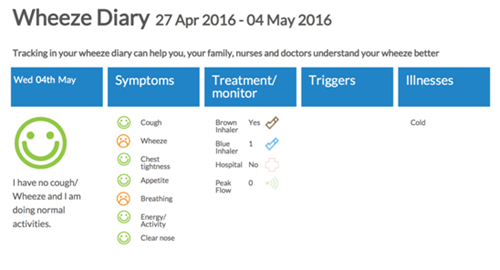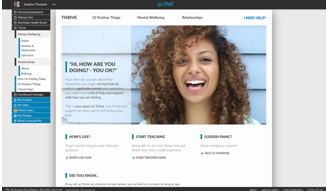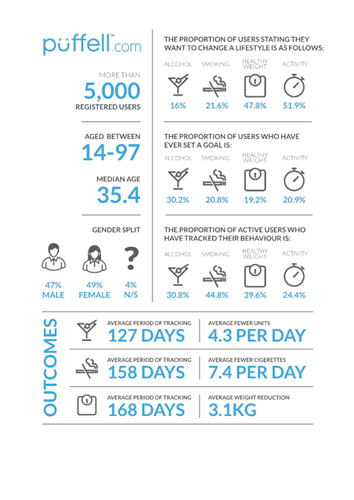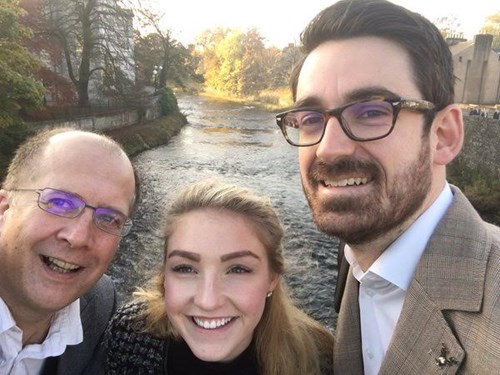Easy answer – yes. But for a start, let’s commit heresy, and ditch the word ‘disruptor’. It’s already stopped being a useful concept and is now a meaningless buzzword.
The simple fact is that healthcare and wellbeing are branching out and embracing new ways of reaching more people in more effective ways. As health and wellbeing services in the UK are, in the main, commissioned (and often delivered) by the NHS and local authorities, new technology is having a significant impact.
So what does this mean for providers and commissioners like you? It’s all about understanding the consumer, as a recent report by PWC explains.
Our health and wellbeing platform at Puffell.com is based on a huge amount of qualitative research with people all over the UK and quantitative analysis of data. This research produced some genuine insight into their needs:
- People want to do more for themselves but don’t want to be dependent on a traditional local ‘service’ to get results
- People have great aspirations for their families
- People are fed up with the traditional support model for lifestyle services
- People are fed up with silos of support and want services joined up
- People distrust local authorities and ‘Government’ and want to do things for themselves
- People made little differentiation between NHS and ‘Government’
Puffell is based on these fundamental principles and is now being used across the UK as a front line ‘shop window’ of lifestyle services for citizens to get key information about lifestyles and long term conditions, set goals and track their progress. Service providers use the sophisticated back end as a case management tool, allowing them to provide the right level of support to every type of person locally – from those who need full on face to face support and interventions to those who just need signposting to the right tools, as well as everyone in between.
The good news is that however the user is supported, commissioners and providers are able to understand how whole populations are making lifestyle improvements and where to target their resources most effectively as a result.
And we are seeing it work: smokers are reducing the average amount smoked per day[1]; people are reducing the amount of alcohol units they consume each day[2]; and people tracking their weight are showing an average 4% body weight reduction[3].
A report by Appboy earlier this year showed that less than 20% of new health and fitness app users return the day after they first download it. Yet Puffell has proved to be used consistently over time by people trying to make a lifestyle change. Unlike other apps, you actually get to see the anonymous data behind it for your area.
Puffell is the only dedicated platform that has been developed in partnership with NHS CCGs, hospital trusts, community trusts, local authorities and Public Health England, and is endorsed by the NHS Innovation team.
It’s time to get on board with Puffell to support your citizens with lifestyle, wellbeing and long term conditions management.
To find out how you can get involved, contact Stuart Jackson on 0845 5193 423 or at stuart.jackson@icecreates.com
[1] Mean reduction of 7.4 cigarettes smoked over average of 158 days
[2] Mean difference of 4.3 units tracked per day over average of 127 days
[3] Mean difference of 3.1 kg tracked over average of 168 days
 collective voice
collective voice

















